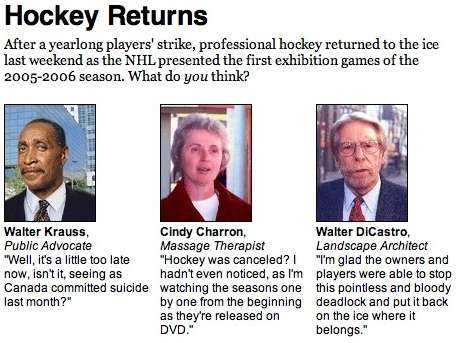When I first caught word of this post at Digital Podcast, it made me stop to think. Has podcasting reached its limit? I have to agree with Scott Bourne at Podcasting Tricks. No way, Jose.
I’ve been a proponent of the medium since I first heard of it. The potential hit me at that same moment, but I think it’s fair to say that the concept hasn’t been taken to the height of where it can deemed successful or impactual.
Then, I read this over at BoingBoing. It appears that Odeo is up for sale. Instead of just pulling the plug, they thought they would see if someone would want to buy the site. My use and knowledge of their service is limited, but it’s essentially an online podcatcher. If you don’t have an iPod or the ability to download gigs of podcasts onto your computer, you can use their service to keep track of all of your favorites and listen to them from the web, no eating up of your hard drive space required.
This makes me think a little bit more about this idea of podcasting reaching its limits. Remember the dot-com bubble[wiki] of the 90’s? I see podcasting to be a lot like that. There is the surge that is still going on, but a true grasp of the potential hasn’t been seen yet. The whole thing might have to completely tank before it gets better.
For those of us who bask in glowing warm glow of new media and Web 2.0, we get it. For some of us, this is old news. However, I always think back to my friends and family who don’t drink this stuff like water as I do. Are they listening? Are they watching? Are they downloading? How accessible is this stuff, regardless if they know what podcasting is or isn’t?
In the early 20th century, TV went through many trials before it was settled on how everything would work on the technical side. From there, the growth of broadcast signals trickled out across the world, and even the broadcast day went from a few hours to the around the clock monotony that we have today. There was no switch and suddenly we had the Honeymooners[wiki]. It took time to grow, and podcasting faces the same task.


